The definition of nutrition has changed considerably through time. The modern purpose of nutrition includes digestion, assimilation, and nutrient metabolism. Now movement, fitness, and the…

Diets: Diets can be defined as the sum of food consumed by any living organism. The word diet is the use of a specific intake of nutrition for health or weight-management. Food provides people with the necessary energy and nutrients to be healthy. By eating a variety of healthy foods, including good quality vegetables, fruits, whole-grain products and lean meats, the body can replenish itself with the essential proteins, carbohydrates, fats, vitamins and minerals to function effectively. Having a healthy diet is one of the best things you can do to prevent and control various health problems i.e. types of cancers, heart disease, high blood pressure and type 2 diabetes. Dr. Alex Jimenez offers nutritional examples, along with health coaching, to describe the importance of a balanced nutrition throughout this series of articles. Dr. Jimenez emphasizes how a proper diet combined with physical activity can help individuals reach and maintain a healthy weight, reduce their risk of developing chronic diseases like heart disease, and ultimately promote overall health and wellness.

The definition of nutrition has changed considerably through time. The modern purpose of nutrition includes digestion, assimilation, and nutrient metabolism. Now movement, fitness, and the…
Spondylitis Anti-Inflammation Diet: Individuals who have a chronic back pain condition can be recommended to have two or more vertebrae fused to correct the problem/s…

Introduction The cardiovascular system is consisting of the heart, the arteries, blood vessels, and the blood itself. This system makes sure that oxygenated blood is…

Introduction When the body sustains injuries, it goes through a process called inflammation. Studies show that when the body starts activating the immune system and…
Hippocrates first mentioned the connection between the gut and other conditions. “All disease starts in the gut.” Indeed, the connection between our gut’s microbiome and…

Introduction In today’s podcast, Dr. Alex Jimenez, Health Coach Kenna Vaughn, and Sports Dietitian Lizette Ortiz discuss how food substitutions can help a person feel…
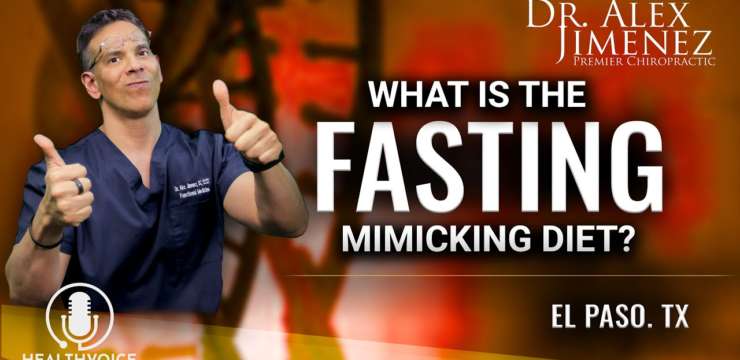
Introduction In today’s podcast, Dr. Alex Jimenez talks with Victoria Hahn about what the fast mimicking diet is and how is it beneficial to the…

Small Intestinal Bacterial Overgrowth (SIBO) has a prevalence of 56% among patients with irritable bowel syndrome. Over the years, this condition was only treated with…
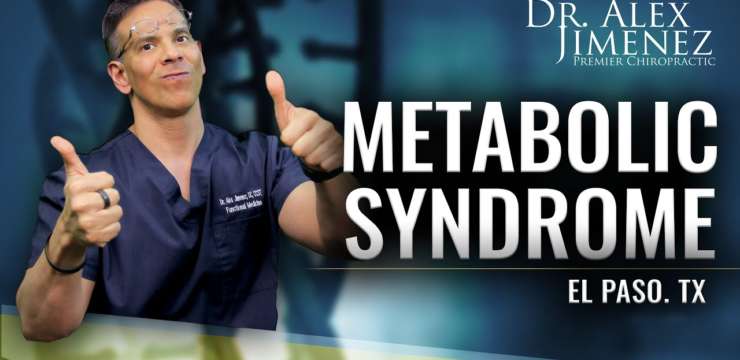
In today’s podcast, Dr. Alex Jimenez, health coach Kenna Vaughn, Astrid Ornelas, Truide Torres, and biochemist Alexander Isaiah Jimenez discuss what is metabolic syndrome and…
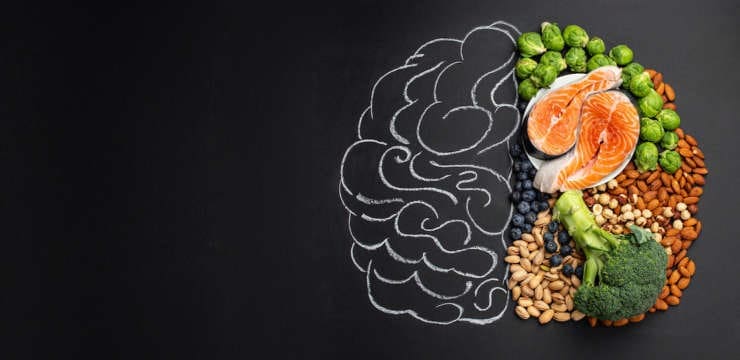
The classification criteria for fibromyalgia have changed over time, affecting its definition from a “peripheral pain-defined disease” to a “systemic symptom-based disease.” Indeed, the ACR-2010…

The mitochondrion is a (THE) vital cellular organelle that orchestrates multiple metabolical pathways. Therefore, while we eat to produce energy, create connections, and receive information,…
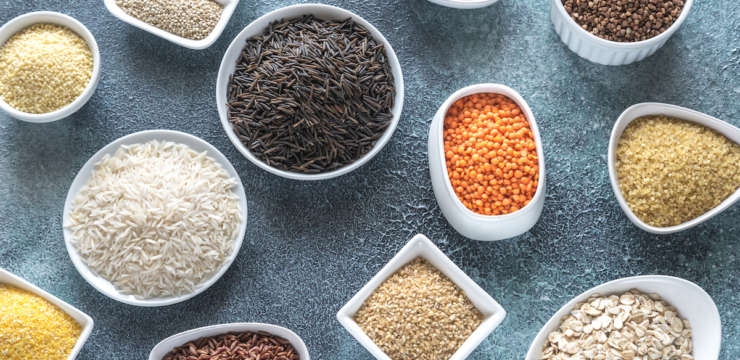
Food sensitivities reflect gastrointestinal issues such as diarrhea, constipation, bloating, and overall discomfort. Additionally, multiple other symptoms like headache, wheezing, brain fog, depression, and even…
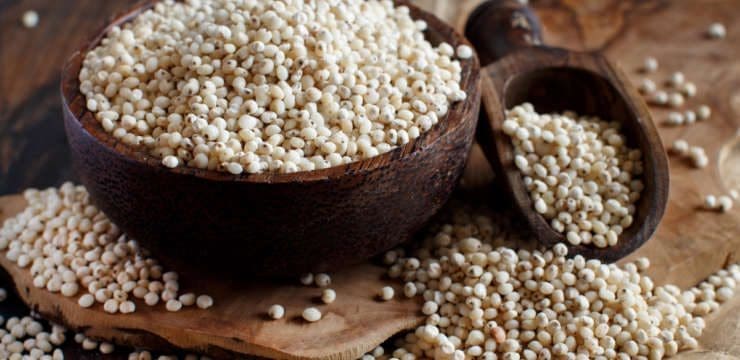

[zrdn-recipe id=”34″] www.simplysorghum.com/recipe/view/220/apple-cinnamon-newtons Recipe posted by: Simply Sorghum

One of the world’s more common autoimmune diseases is Hashimoto’s Thyroiditis, named after Dr. Hakaru Hashimoto in 1912. This disease is characterized by the destruction…

Dietary patterns are part of the treatment plan for multiple conditions. The Mediterranean diet, rich in fresh fruits, nuts, oils, and complex carbohydrates, is an…